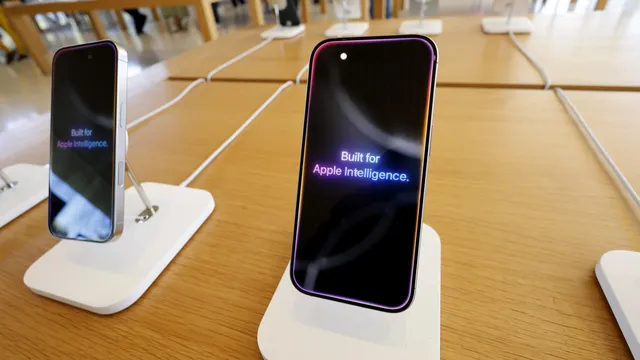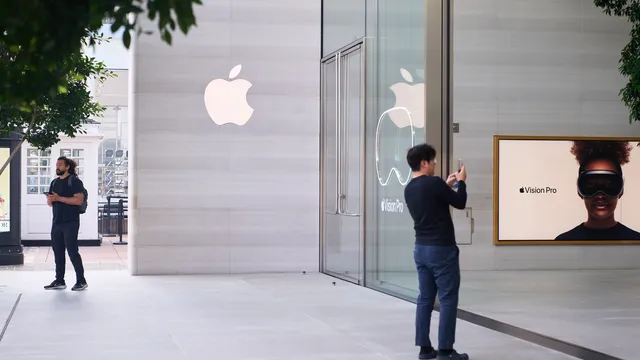Google has announced that it will comply with the South Korean government’s requirement to blur sensitive satellite images in its mapping services — a decision that paves the way for stronger competition with local navigation platforms, AFP reported.
South Korea is one of the few countries in the world, alongside Russia and China, where Google Maps does not function fully. The reason is a legal requirement that key geospatial data be stored on servers within the country — something the American company had long refused. As a result, local tech giants such as Naver and Kakao dominate the mapping and navigation market, creating difficulties for foreign visitors.
For the first time, Google officially confirmed the change in its position. “We have now confirmed to the government our commitment to blur satellite imagery as required, and we will explore the possibility of acquiring imagery from approved Korean providers when appropriate,” Vice President Chris Turner told the media.
This development ends an almost 20-year dispute, during which Google had insisted on access to detailed maps of South Korea to provide full pedestrian and driving routes, while Seoul refused to export such data on national security grounds.
Turner emphasized that the company would “invest significant time and resources” to remove the coordinates of strategic sites from its maps.
Access to Google Maps also became a topic in the latest trade negotiations between Seoul and Washington, during which South Korea managed to secure a reduction of U.S. tariffs at the last minute from President Donald Trump. The presidential office in Seoul confirmed that the issue of high-precision mapping data was among the most discussed between the two countries’ trade ministers but added that “no further concessions were made on our part.”
According to AFP sources, South Korean authorities are still holding talks with Washington, with the export of high-precision maps remaining on the table as a possibility. | BGNES

 Breaking news
Breaking news
 Europe
Europe
 Bulgaria
Bulgaria







